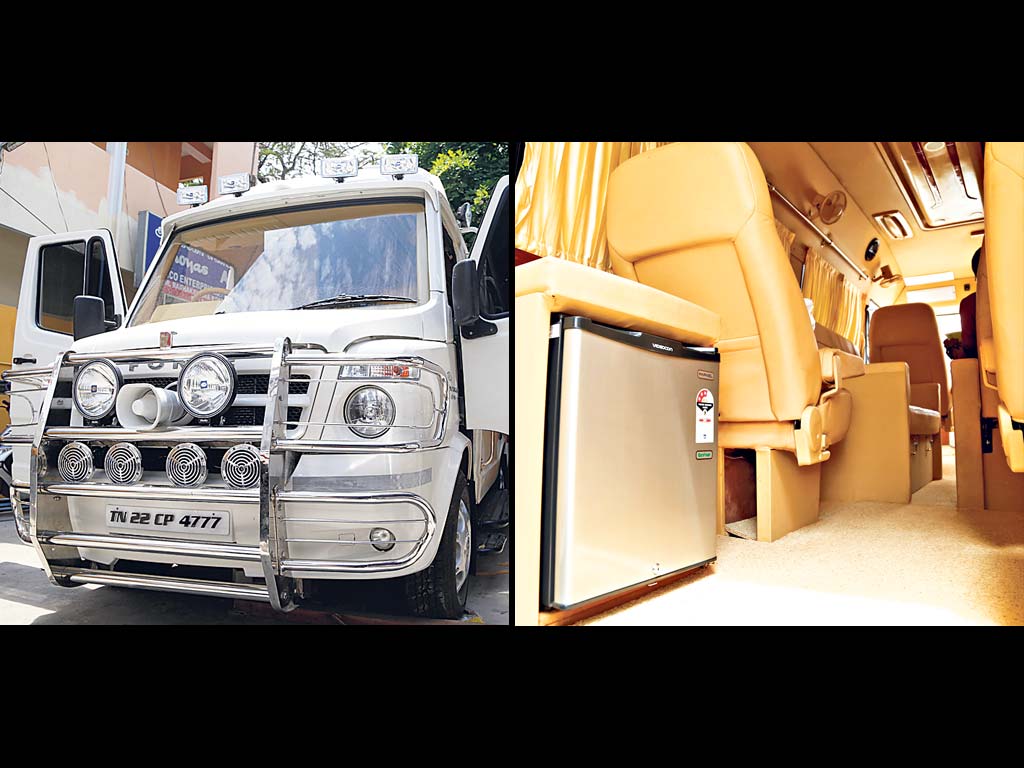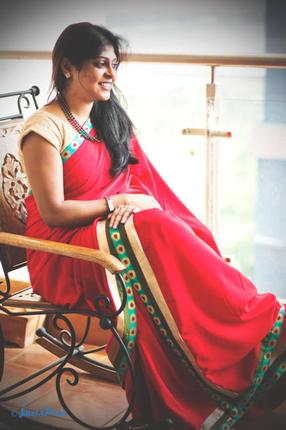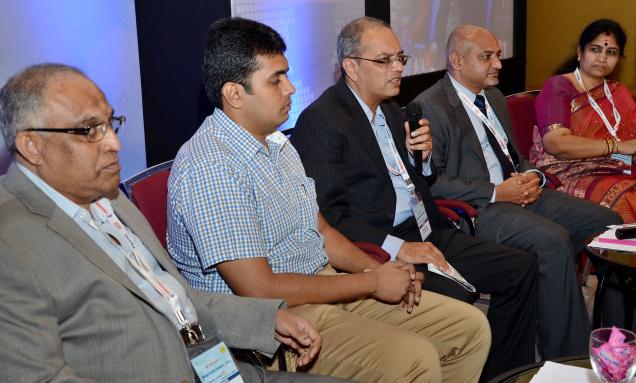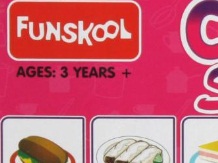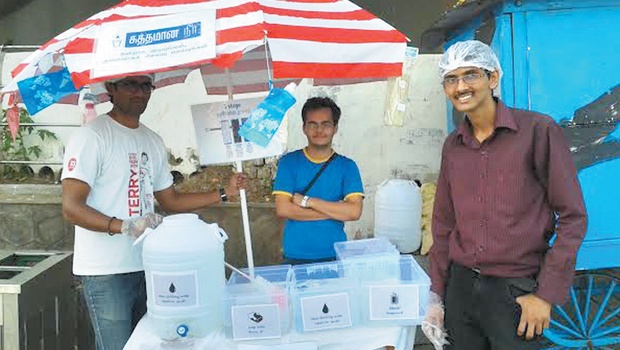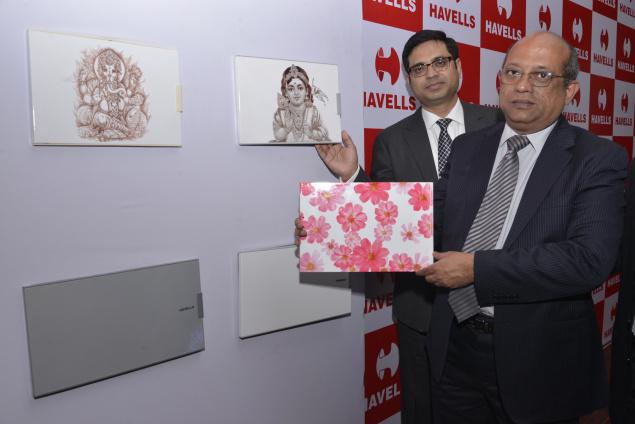
Coimbatore :
Fast-moving electrical goods (FMEG) company Havells India Ltd (HIL) has launched the ‘Metalica’ and ‘Metalica Divine Series’ of distribution boards, which it hopes would create a niche market for the product.
Speaking to newsmen in Coimbatore at the national launch of the new-look distribution boards, A.V Jagdish, Vice-President, HIL, said as more people are opting for flats, distribution boards have come to be part of the living room. But in most places, their colour stands out from the interiors of the homes. The new product would appeal to style conscious people, he said.
He said the metalica boards with metallic finish and six or seven colour options would match the interiors of the homes. The company might even give consumers the option of having boards with floral themes or with posters painted on them. The scratch-resistant boards would have magnetic locks and designer handles. To begin with, the boards would come in silver grey/golden sparkle and sparkling white colours.
The ‘Metalica Divine Series’ would satisfy the pious by having images of Gods painted on them. These distribution boards could be changed to suit the décor of the room and could be done by the homeowners themselves without the help of electricians. These would be priced from ₹1,300 to ₹7,800. The divine series would have six options and two more colours would be introduced apart from grey and white. In two years, the company might have customised options for buyers who could choose the photos to be printed on them!
He said the distribution board business in India was estimated at ₹600 crore and Havells share was about ₹100 crore. In three years, he expected Havells’ share to go up to ₹225 crore. He was confident that the initiative would create opportunities for Havells to capture greater market share.
Self-priming mono block pumps
He said Havells was also launching its self-priming mono block pumps in Coimbatore. He said industrial pumps accounted for ₹4,000 crore of the ₹10,000-crore pump market. The balance was accounted for by agricultural and domestic pumps. Domestic water-lifting pumps had a market share of ₹2,000 crore. Apart from its 8,000 electrical goods dealers/retailers in the State, HIL would also sell through sanitary/hardware stores.
Anil Sharma-Head-Corporate Communications, HIL, said the 0.5 HP pumps would be priced in the range of ₹2,500 to ₹7,000 depending on the variants. In a month’s time two more models could be launched. The company was looking at garnering ₹100 crore from the pump business in the first year. The pumps were informally launched at Lucknow earlier, he said.
source: http://www.thehindubusinessline.com / Business Line / Home> Companies / by R. Yegua Narayanan / Coimbatore – March 20th, 2014
